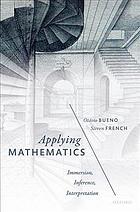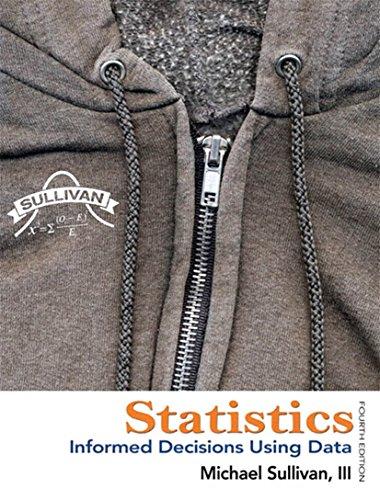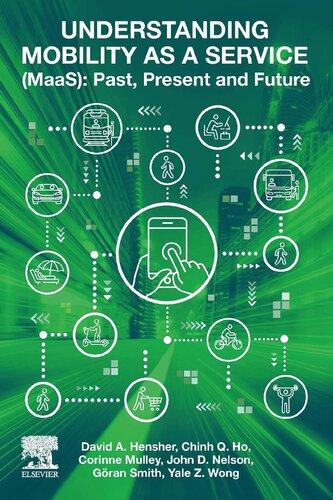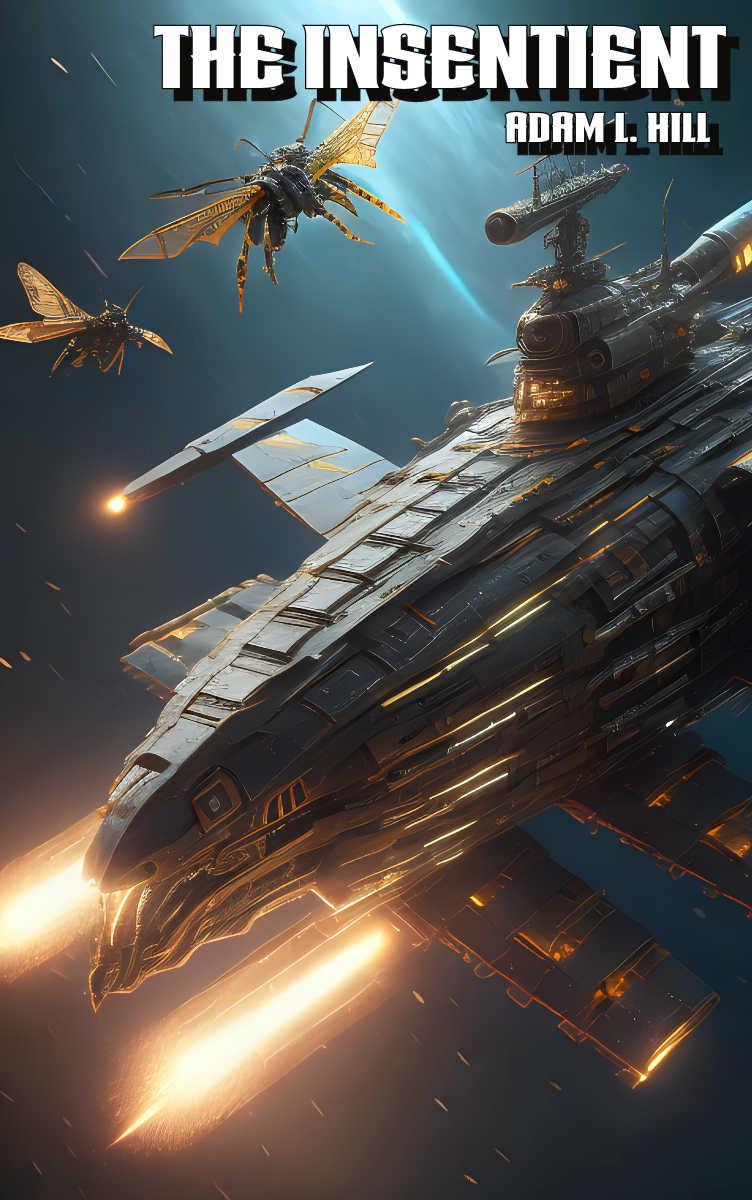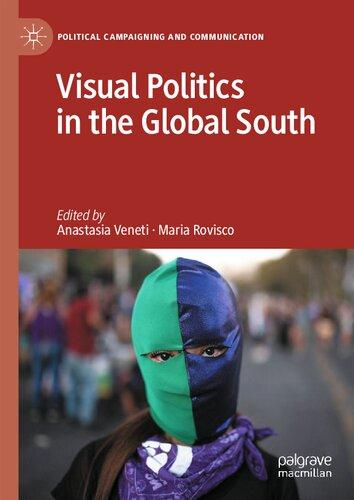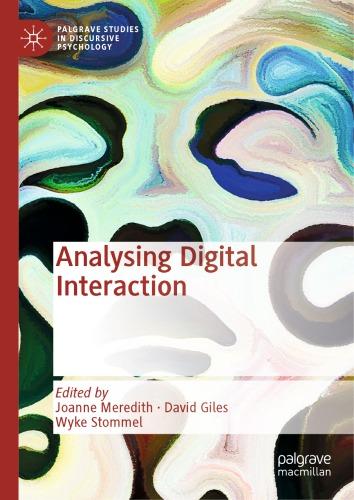Tess
There he is again, my mini-me. The soft chestnut-brown little-boy curve of his cheek, and those eyes of his, peering out from between overgrown tangles of dock and ivy, where he plays like he did as a small child. Those eyes flicker as I peg first pants, then mismatched pairs of socks, up on the washing line. They’re my eyes, so dark, they’re almost black.
It’s towels next, which swing back and forth, tainting the chilly air with the synthetic scent of lavender fabric conditioner. It’s a struggle to hang up the sheets. My arms have lost their strength and strain to fling them one by one over the line. Steam rises to float away over the river that watches me from behind a screen of butterburs, the leaves no longer green but patched yellow, ragged and torn.
Sunrise appears later and later each day, though at last, the dull red bricks at the back of the house are lit up in startling crimson. There are two suns this morning; one rises low over a stretch of willows that lean as the wind picks up its pace. The other shines brightly out at me from beneath the surface of the water. Together, the light from them is blinding. Still, it’s easy to ignore the painful beauty of it and think instead of the frozen chicken thighs defrosting on the kitchen counter that will need seasoning with scallion, garlic, tomatoes and a spoonful of jerk paste ready for roasting tomorrow. Easy to ignore the flock of seagulls already sailing like tiny, brilliant white boats across the floodplain, screeching as they probe the waterlogged grass for worms, or the clouds, purple, and now scarlet, buffeted across the sky towards the distant Quantocks. There is only the laundry,
Rayburn, dripping water onto the floor. The anger in Mum’s eyes looks out at us. ‘Off with the wet clothes. Now!’
‘Come on, Tess, it’s alright. Calm down. Here. Look … I’ve got one for you – remaining, five letters, second letter T,’ says Dad, pointing with his pencil at the newspaper. Mum ignores him and comes towards us with a towel in her brown hands. She wraps me up first, like I’m a baby, even though I’m nearly as tall as her. Over her shoulder, I can see a small white moth, a pale tussock I think, fluttering against the steamed-up window.
‘You know you’re not to go anywhere near the river.’
‘We were only mucking about,’ I tell her.
Beside me, Sonny nods. ‘We’re sorry.’
Mum breathes very slowly like she’s trying to hold herself still. She does this a lot. ‘Go and get changed. It’s time for dinner.’
We leap up the stairs, two at a time, our palms streaking along the wallpaper. But once we’re safe on the landing, we fight back laughter and shove each other towards the bedroom we share. Inside, we flop down onto our beds, which are identical with matching Spider-Man sheets. Although mine’s messy – the duvet’s bunched up and covered in books. Sonny’s is tidy like all of his things. On the bedside table between us are his reading glasses, the big silver cup he won for maths at school, a photo of us and our cousin Nathan outside an aquarium in London when we were nine, and our whistles with the red, yellow and green ribbons we got that time we went to Notting Hill Carnival. On the shelf above Sonny’s bed is his fossil collection. He has way too many. Mum had to put some away in boxes under his bed. I’ve only got my animal field guides and bird books on my shelf, and the binoculars Aunty Peaches bought me for my last birthday. There’s also my jar of feathers, which has fallen on its side. Rook feathers cover my pillow. They look black until I hold them up to the light, then you can see beautiful dark greens, blues and purples. Me and Sonny change quickly, still giggling and poking one another, picking out jeans and identical black and orange striped sweatshirts, before racing back down to the kitchen.
With a finger to his lips, Dad shushes us. He’s trying to listen to a gardening programme on the radio. Some man in Hereford is talking about overwintering Swiss chard. Whenever he says something useful, Dad scribbles it down quickly on the edge of his newspaper. I smell cider every time he moves.
‘Can you get the cutlery?’ Mum asks, glancing at us. She uses her favourite tea towel, the one with the colourful map of Jamaica that’s all covered with stains, to lift the hot blackened Dutch pot from the oven. It was a moving-in gift from Nana, bought a long time ago in Brixton Market. I’m guessing at one point the aluminium would have been as bright and shiny as the ones in the Caribbean food shop near Nana’s house in Lewisham. As we eat, Dad goes over his plans for the winter planting. He lists hardy onion varieties, Red Baron and Autumn Champion, garlic, leeks, lamb’s lettuce, turnips and perpetual spinach. Mum seems to listen, but her eyes keep looking our way and her fingers fidget with the scarf she ties around her afro to keep out the smell of cooking.
‘I must get the broad beans in tomorrow morning,’ says Dad. ‘Anyone going to give me a hand?’
‘It’s Saturday,’ Mum replies without looking up from her plate. ‘You know I’ve got to check on Cyril.’
Dad, busy thinking about seedlings, doesn’t hear her. Me and Sonny stay quiet and concentrate on sucking the fat from peppery oxtail bones.
Flicking off the radio, Dad turns to us. ‘What about you?’
‘Me?’ I splutter, spraying bits of rice across the table. Sonny snorts and shoots me a halook.
‘No. I was going to take him to Cyril’s,’ says Mum, jumping up and taking a tray of baked apples from the Rayburn warming drawer. They smell of cloves and cinnamon.
‘I don’t see why …’ starts Dad, but then he stops, switches the radio on again and goes back to scribbling on his newspaper. Lately, all their conversations are like this; it’s not proper talking at all.
After dinner, Mum goes upstairs with her phone. I can hear her bedroom window opening and know that she’ll be sticking her head and arm out into the cold to find good reception. Her voice travels down through the gaps in the floorboards. She’ll be talking to Nana, complaining about Dad and how he’s got his head in the dirt and never pays attention. It’s all they talk about, that and about how lonely Mum is living all the way down here when she should be with Nana and Aunty Peaches and the rest of her family in London. Me and Sonny lie on the sofa and watch Bear Grylls on the telly. This time he’s drinking camel pee. We leave Dad at the kitchen table listening to the news with a bottle of beer in his hands.
Later that night, I hear them arguing. ‘What are they fighting about?’ I ask Sonny. ‘You,’ he tells me. ‘They’re worried.’
We lie together in his bed with our noses nearly touching, hidden beneath the duvet. When I stare into Sonny’s eyes, I can see my own reflection. Rolling onto my back, I shift my body sideways and lay my head alongside his. Strands of my long sandy hair mix with the dark curls by his ear.
No one believes we’re twins. Mum’s tired of explaining us to people. ‘You can’t be twins,’ they say, ‘twins aren’t supposed to be different colours.’ Everyone agrees. But we are twins. Nonidentical, yes. Different colours, yes, but still definitely twins. People say Sonny takes after Mum because they both have brown skin, shiny brown like a conker. Their eyes are nearly black, and they have black, fluffyish, curly hair. I look like our dad, pale and peaky, according to Nana, with bluey-grey eyes that always look surprised. Everyone says Sonny and I are a rarity, something out of the ordinary, one in a million apparently. When we were born there was a photo of us in the Gazette with a quote from Mum describing her shock: ‘We had no idea, their skin colour didn’t show up on the scans.’ Mum says we used to attract lots of attention when she took us out for walks in our double buggy. If
Dad wasn’t there, strangers would come to say hello to me and ask if she was babysitting. To prove we were twins, she always dressed us the same, in identical dungarees and matching Babygros. We still like to wear the same clothes, to make sure no one forgets.
Tess
One moment it’s breakfast and I’m scooping up stray Coco Pops from the kitchen table, and the next it’s gone seven in the evening and I’m clearing away dinner things. Unhappiness settles inside my fingers making them clumsy, so as I wash the dishes, mugs fall, tossing suds onto the draining board. It blocks my ears so they can’t hear Richard’s retelling of some piece of gossip he picked up from one of his customers as he scrapes the last mouthful of baked apple and custard from his bowl. I watch him laugh and recall the vague memory of how it feels to press my lips against his. Across from him at the table sits Max, laughing the same laugh, his mirror image.
‘Mum … Mum?’ His voice, still a child’s but already tinged with the threat of adolescence, cuts into my thoughts.
‘Sorry, sweetheart. I wasn’t listening.’
Max smiles, showing me little-boy crooked teeth, but it’s Richard’s smile I see when I look at him and Richard’s pale bluegrey eyes that gleam with satisfaction as the tale is told a second time for my benefit. Old fears resurface, dark complicated feelings no mother should feel, and I’m taken back to the earth-shattering day his small body, still slick with vernix, was first placed in my arms. OhGod,howisthisboymychild?
The words hum like angry flies caged inside my head. Iwantto go home. Back to the comforting chaos of millions of people who look like me and who don’t care who I am. The concrete landscape there is far too caught up with its own affairs to bother with mine. Here, I’m watched at every turn – over hedges, both neatly manicured privet and unkempt tangles of holly, hawthorn and dog rose, through bleached net curtains that twitch as I take
hasn’t enough wood? Or black like the ravens that steal the chickens’ eggs, and sit and cough on the garden fence?
Sometimes, people say things that hurt, not on purpose, I don’t think, just silly things they think are clever or funny. To them, we’re a joke. Especially at school, where I’m the only person who looks like me. I pretend it doesn’t matter. Like the time Evan said I was the colour of shit because I accidentally hit him in the face with a football. Mr Reid heard and made him sit outside Mrs Haycock’s office. I laughed it off with everyone else like I usually do, but I really wanted to punch him.
Mum always knows when I’m upset. Her hugs are sandalwood and vanilla cardigans.
‘Don’t worry,’ she tells me. ‘You’re perfect. And, anyway, it’s the same for me. I’m the only one here too. But see … I don’t mind.’
But now I know she’s pretending.
Mum calls us her rainbow twins. She says it like it’s a good thing. I’m afraid to tell her that sometimes, not all the time, I wish I looked more like Max and Dad, and less like her. I wish people could guess straight away that Dad’s my dad. When I’m out with him in Combe Leigh or Branstock, sitting inside strange pubs or queueing in the post office, they always ask if I’m fostered or just a friend who’s come for a visit. Dad laughs it off. When I get upset, he reminds me that I have great-great-grandparents buried in the churchyard. OldEnglish bonesgoing soft underdark, cold earth. We’ve more than three generations now, so I belong here more than most of the other villagers do. But does it count if I only belong on one side of the family?
Everyone knows us here in our village, so no one stares. Not much anyway. According to Dad, we’re no longer a novelty. But when I walk with Mum across the fields, out past the chicken farm or Churley’s willow works, which mark the ends of our village, onto the footpaths leading to the villages surrounding ours, we’re often asked if we’re okay or if we need help or directions. Mum smiles, but never shows her teeth, even though they’re really white, and
hair, and turns to face the window. Night-time throws the brightly lit kitchen back at him.
‘We can’t keep pretending this is normal,’ he continues evenly, his gaze fixed on his own face – gaunt, almost ghostly, so pale with dark shadows weighing down his eyes. The last fourteen months have aged him ten years.
‘Normal? What do you mean – normal?’ Her voice is quiet, but he can sense danger in it, like feeling a carving knife hidden beneath teaspoons.
‘Come off it, Tess. Don’t do this. You know what I mean.’
‘No, actually I don’t.’ She abandons the dishes and quickly strides the short length of the kitchen. ‘Of course things aren’t normal…’ Her voice cracks with the promise of tears.
Richard knows he has to choose his words carefully. ‘But love. It’s not healthy for Max to carry on like—’
‘Not healthy?’ She loops around the kitchen – a baited tiger. ‘Explain to me how it’s not healthy?’ She stops behind him, her face reflected alongside his, its features blurred like in a bad photo. ‘You want him to be normal? Is that it? Is that what you want?’
‘For Christ’s sake – am I not allowed to be worried too?’
‘Oh, don’t act like you give a damn,’ Tess shouts, returning to the sink and thrashing her hands in the soapy water. Translucent bubbles drift into the air. ‘Come on. Let’s be honest – all you really care about are your bloodyplants.’
Richard steps away from the window. ‘Wow. Thanks, Tess. Right … I can’t do this. I’ve got stuff to do.’ She could not be further from the truth, but he does not know what to say to make it right. Guilt is what he feels when he looks at her. Guilt, like bindweed among the cabbages, rooted deep. He picks up his damp coat from where it is draped over one of the dining chairs and heads towards the back door.
‘So … what? You’re just going to walk away?’ Tess cuts him off, her soaked dress sticking to her chest.
Richard rounds on her angrily. ‘Yeah! Because there’s no point. No point, whatsoever. You don’t want to hear what I’ve got to say.’
